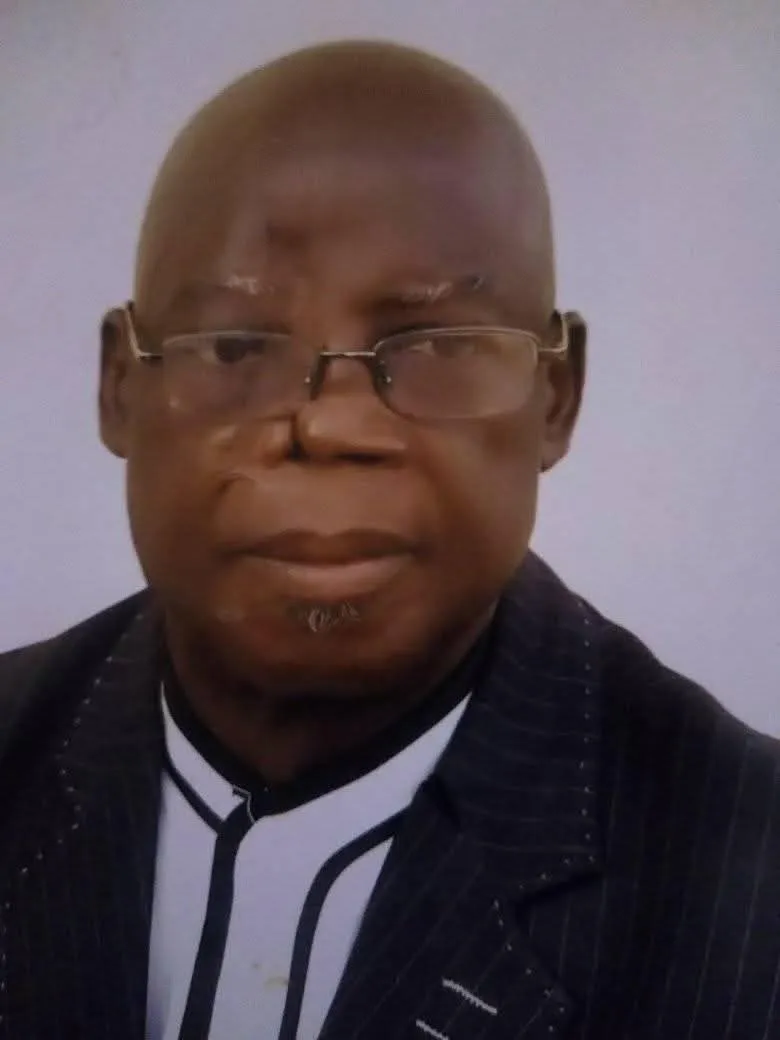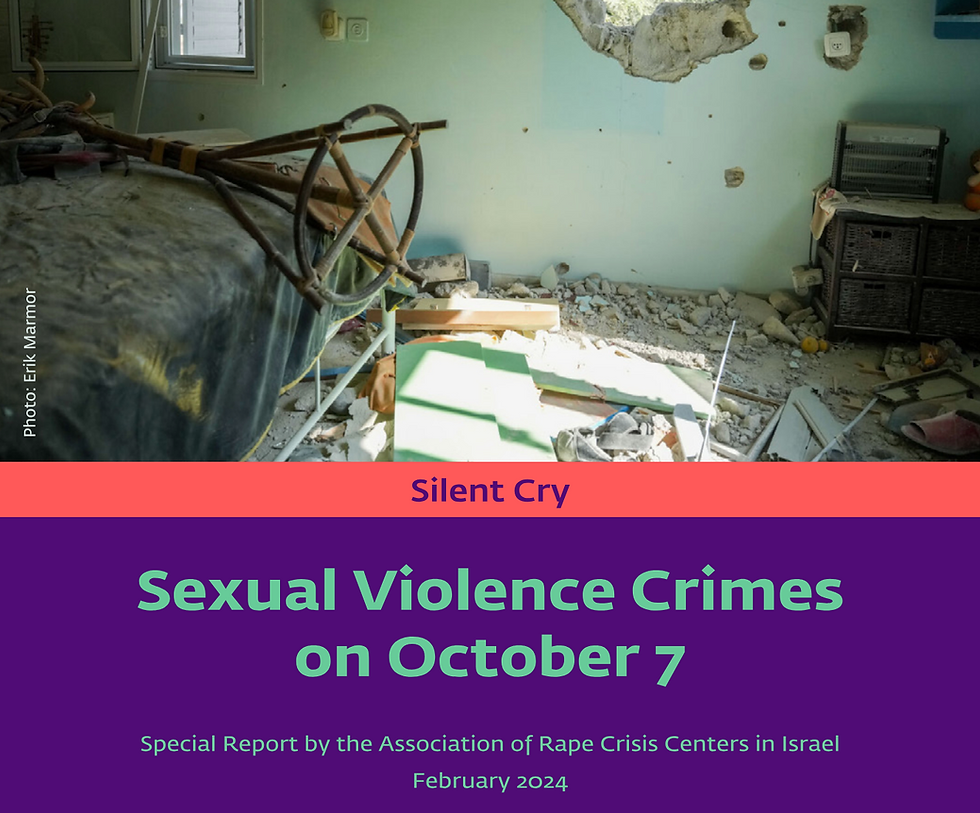Fulani Terrorists Aided by Secret Amnesty Deals
- TruthNigeria

- Jul 15, 2025
- 4 min read

2,316 square miles of Choice Land Now Occupied by Terrorists: Lawmaker
By Douglas Burton and TruthNigeria Investigative Team
(Washington) Christian lawmakers and land holders in the embattled Nigerian state of Kaduna are accusing Gov. Uba Sani of making an underhanded deal with criminals to evict indigenous landowners from their lands, TruthNigeria has learned.
Some of the leaders of the region’s native Christian populations are accusing the Kaduna State Government of colluding with Fulani ethnic militias to dispossess them of ancestral lands under the guise of “peacebuilding.”
According to a former President of the Southern Kaduna Peoples Union (SOKAPU)Hon. Jonathan Asake,more than 2,316 square miles of fertile land have been forcibly taken and illegally occupied by Fulani ethnic militias—referred to by the government as “bandits”—since 2016. The affected Christian communities now live as Internally Displaced Persons (IDPs), surviving on aid and temporary shelter.
Controversial Amnesty Sparks Outrage
In November 2024, Governor Uba Sani initiated a controversial “peace deal”; with Fulani militia, also called “unknown gunmen” by police during the Buhari Administration, or “bandits,” by Tinubu Administration or “radicalized Fulani terrorists” by TruthNigeria. These criminals stand accused of mass killings, church burnings, sexual violence, and kidnappings in Southern Kaduna and throughout Nigeria’s Middle Belt.
Despite their heinous crimes, the governor’s still unpublished amnesty granted the terrorists state pardons and promised rehabilitation and reintegration into society. The agreement made no provisions for reparations to the displaced Kaduna Christians, according to informed sources who requested anonymity for fear of reprisal.
However, subsequent investigations by TruthNigeria have revealed that as part of the reintegration efforts, the state government is allegedly expropriating lands in Kajuru and Chikun counties—largely Christian-owned lands occupied by the Adara and Gbagyi ethnic groups—for the settlement of these so-called repentant bandit-terrorists.
Secret Meetings and Land Allocation Plans

Hon. Danlami Usman Stingo, representing Kajuru in the Kaduna State House of Assembly, told TruthNigeria he received credible information about high-level meetings involving bandit leaders, government officials, and a Muslim traditional ruler held in March 2025 in Maro town.
“When I sought to know the reason for the meeting, I was told that the Emir of Kajuru, Alhaji Alhasan Adamu and county officials are proposing a large swath of our lands to resettle Fulani repentant bandits,” said Stingo to TruthNigeria.
“Our people were not consulted beforehand,” he added. “We cannot give our lands to terrorists who have shown us hell.”
Bandit Kingpin Linked to Settlement Negotiations
According to local sources, who were granted anonymity, meetings between top Fulani terrorist commanders and government officials were held on March 19 and April 20, 2025. Among those reportedly present was the notorious bandit leader known as “Yellow One Million,” reportedly killed recently by police in Zamfara State.
At these discussions, militants laid out conditions for ceasing hostilities:
(1) Allocation of large farmlands for settlement and livestock grazing.
(2) Full immunity from prosecution for past crimes and terrorist activities.
(3) Government-provided startup capital to begin new lives.
One Muslim village chief allegedly proposed ceding the Kujeni and Agbala communities—straddling Kajuru and Kachia Counties—to Fulani militants and their families. Christian elders reportedly declined to participate in these meetings.
“We’re talking about entire Christian communities—thousands of hectares belonging to Adara, Gbagyi, and Atyap people,” said one elder who requested anonymity.
“Thousands could be displaced to make way for Fulani migrants from Niger Republic, Mali, and Mauritania.”
Chikun County Lands Ceded to Criminal Gangs
In neighboring Chikun County, there are already signs that the state has handed over abandoned Christian farmlands to Fulani settlers.
“They handed our land to the same men who murdered my brother and torched our village,” said Markus Barde, a 50-year-old farmer from Angwan Ayaba, now living in a displacement camp near Kajuru.
“The government calls this peace. To us, it feels like forced surrender.”
Barde claims that his ancestral Gbagyi village—Angwan Ayaba—was taken over after all 5,000 residents fled due to terrorist attacks between 2017 and 2020.
“This year, I returned with my cousins to see if we could cultivate our land, only to find Fulani settlers erecting homes and grazing freely,” he said. “It’s a large piece of land—easily the size of 200 football fields.”
Jonah Gona, another displaced resident of Angwan Ayaba now living in the Sabo area of Kaduna city, confirmed Barde’s account. He recently visited the community and said he saw armed Fulani settlers on the farmland.
“I was shocked. When I asked around, people told me the state government brought them in,” he said.
“Some carried AK-pattern rifles and claimed the government permitted them to bear arms for protection.”
Gona also reported that many of the settlers were non-Nigerian. “Our people are Christian farmers. Why is the government bringing in armed Fulani Muslim extremists who’ve slaughtered thousands? This isn’t reintegration. It’s land grabbing disguised as peace,” he said.
The Case of Angwan Ayaba
Angwan Ayaba is a small Gbagyi farming community in Kakau Precinct, near Juji, within Chikun County near the Kaduna–Abuja highway. It forms part of the Sabon Tasha suburban belt and lies near the villages of Kakau Daji, Babban Saura, and Angwan Gimbiya.
The community has been under regular recurring attacks since 2020. A daytime raid in August 2021 resulted in the death of a resident and the injury of another.
Survivors fled to Juji and now live in abandoned homes or makeshift shelters. Women and youth survive through petty trading and food vending.
‘Land for Peace’ or Ethnic Cleansing?
There’s no guarantee these militants will lay down their arms,” said a local youth leader in Juji.
"They will keep expanding until they take over all of Southern Kaduna and move farther south.”
Indigenous Christian leaders across Kajuru and Chikun interviewed by TruthNigeria believe the so-called “peace deal” is a covert ethnic displacement plan—one that removes Christian residents and replaces them with migrants from the Sahel who are 100 percent Fulani and 100 percent Islamist. This opinion is parallel to the testimony of Legal Scholar Nina Shea, who testified to the House Foreign Affairs Subcommittee on Africa the following:
A 2023 study by Nigerian scholars on the herder-farmer conflict in Plateau state found that the great majority of indigenous people from non-Fulani ethnic groups believe that the motives for violence by Fulani herders are land grabbing, jihad and Fulanization.
© Newspaper WordPress Theme by TagDiv






